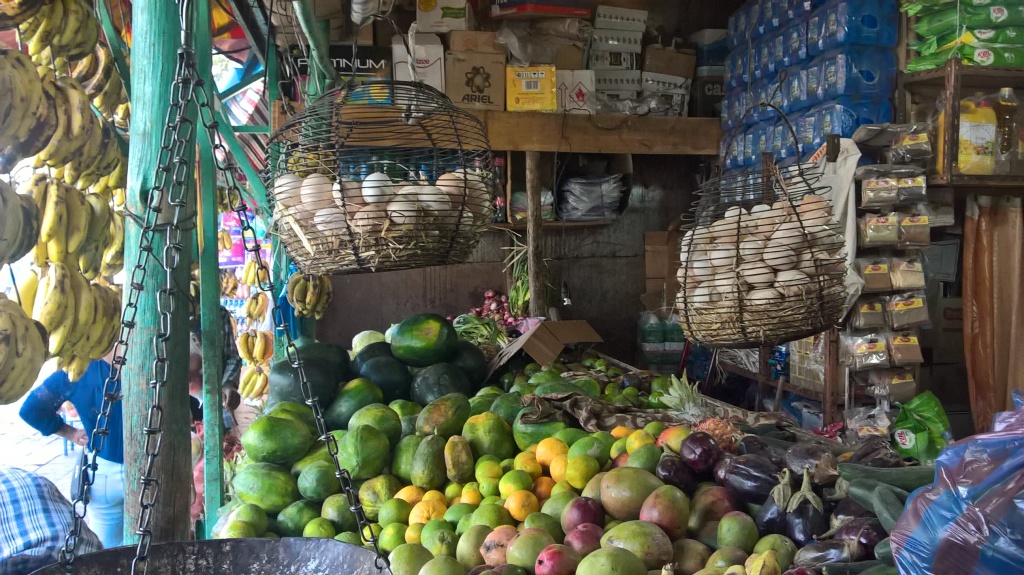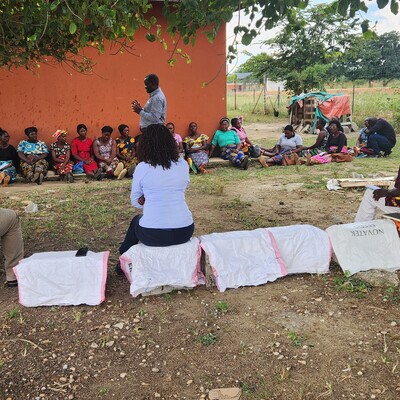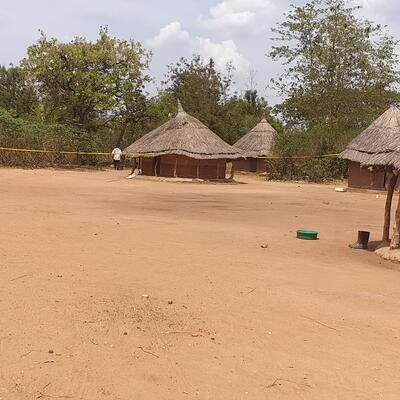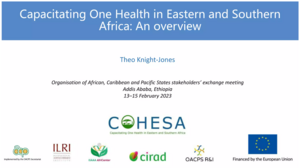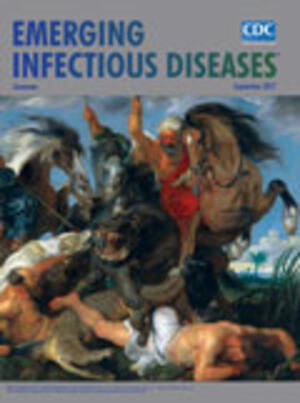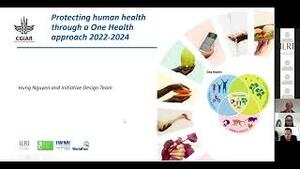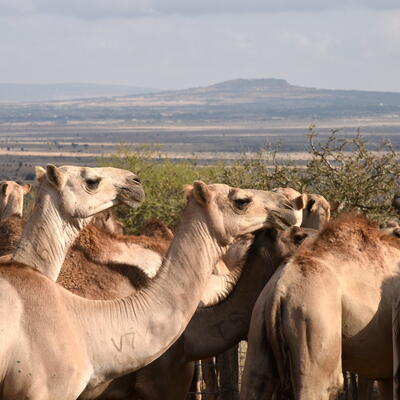
Experts call for cross-sectoral collaboration to tackle disease risks in changing food systems
The rapid transformation of food systems is creating unintentional infectious disease risks that will need to be addressed through effective coordination between agricultural and public health sectors, a new review study says.
A food system includes all the aspects of feeding and nourishing people: growing, harvesting, packaging, processing, transporting, marketing and consuming food.
The review, published in Lancet Planetary Health (Sept 2022), explored how intensification of agricultural production and increasing complexity of food supply chains, particularly in low-income and middle-income countries, change the risks and relative burdens of infectious diseases.
The review covered four case studies:
- vector-borne disease in irrigated agriculture;
- zoonotic diseases in livestock value chains;
- food safety; and
- antimicrobial resistance associated with food systems.
For each case study, the authors asked three questions:
- What aspects of food system transition are creating unintentional infectious disease risks?
- What solutions might exist for these problems?
- How would they require better coordination of agricultural and public health policy and practice?
Food systems in transition are characterized by intensification and diversification of food production, as an increasingly urban and more wealthy population demands different diets.
The review showed that successfully addressing the challenges of evolving food systems calls for constructive dialogue between agricultural and public health sectors.
Such a cross-sectoral approach recognises the costs and benefits of disease-reducing interventions and seeks win–win solutions that are most likely to attract broad policy support and uptake by food systems.
For areas such as antimicrobial resistance, it is important to identify the potential agricultural and health outcomes of agricultural interventions to reduce health risks.
Citation
Waage, J., Grace, D., Fèvre, E.M., McDermott, J., Lines, J., Wieland, B., Naylor, N.R., Hassell, J.M. and Chan, K. 2022. Changing food systems and infectious disease risks in low-income and middle-income countries. Lancet Planetary Health 6(9): e760–e768.
Photo credit: Fruit and vegetables on sale alongside other food items in a local market in Addis Ababa, Ethiopia (ILRI/Geraldine Klarenberg)






